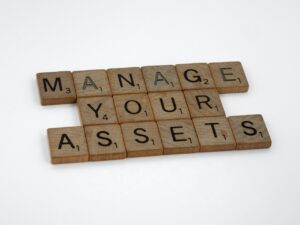
Investing risk and Reward
Written by R. A. Stewart
Weighing up the risks and rewards of various investments is doing your due diligence which is the responsibility of every investor.
There is no shortage of choice for investors to get involved with but it is a matter of choosing the ones which are right for your personal circumstances and goals.
Here are my personal views of some of the types of investments available:
High interest accounts with Finance companies
If a company is offering you an investment offering you a high interest; it can only mean that they are also charging high interest to their borrowers and the reason why some people are prepared to pay a higher rate of interest is because they have been turned down by a bank. This could only mean one thing. “These are people who are at a higher risk of defaulting on their loans.”
During the Global Financial Crisis of 2007-2008. Several finance companies in New Zealand went into liquidation. Prior to this some financial commentators warned people that the high interest rates being offered by these companies does not reflect the risk they are taking.
Investing in Gold through an online investing platform
Investors are able to invest in gold through the internet via apps similar to Sharesies, Hatch, and Robinhood but is this a safe way to invest?
I am not so sure because the problem with gold is that it provides no income, therefore investors are relying on capital gains to make money.
It is the transaction fees which could kill off any likelihood of profit, however, having said that, this is a good way to get involved in gold as an interest for a modest outlay. Just make sure you only use money which you would class as discretionary spending money.
Investing in Bitcoin
Is investing in Bitcoin a safe investment?
My answer to this is that nothing is 100% guaranteed, Bitcoin is a volatile investment. If you are prepared to ride out the lows then you can make capital gains for you.
It is not a substitute for your retirement fund and under no circumstances should you invest your entire life savings in bitcoin. The same is applicable to the share market and gold.
If you have discretionary spending money then using it to invest in Bitcoin is the way to go and who knows, you may become the next Bitcoin millionaire.
There are risks with Bitcoin but if you use your common sense and learn as much about the risks as you can then you can reduce your chances of making choices which can be costly.
Investors have so many options to invest these days but there comes the risk of losing due to an economic downfall therefore, it pays to be on the conservative side. That is to diversify and spread your money around.
About this article
This article is of the experience and opinion of the writer and may not be applicable to your personal circumstances therefore discretion is advised. You may use this article as content for your blog.website or ebook.
Read my other articles on www.robertastewart.com



















